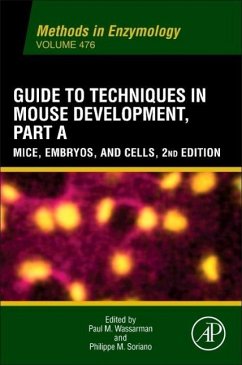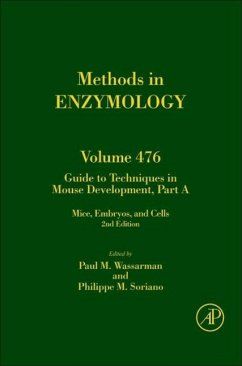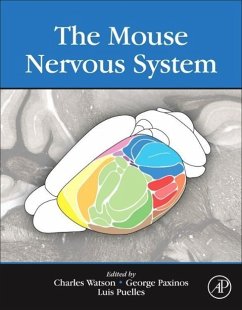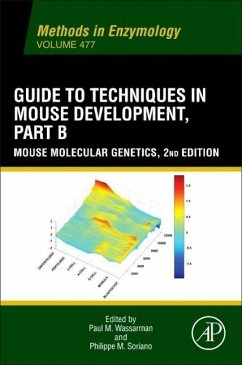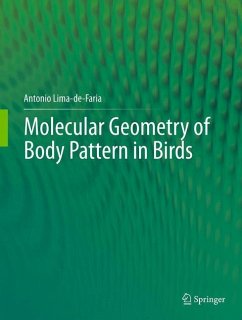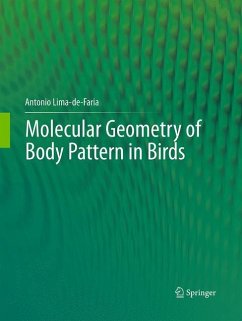
Mouse Development
From Oocyte to Stem Cells
Herausgegeben: Kubiak, Jacek Z.

PAYBACK Punkte
57 °P sammeln!
The mouse is a perfect model organism to study mammalian, and thus indirectly also human, embryology. Most scientific achievements that have had an important impact on the understanding of basic mechanisms governing embryo development in humans, originated from mouse embryology. Stem cell research, which now offers the promise of regenerative medicine, began with the isolation and culture of mouse embryonic stem cells by Martin Evans (who received the Nobel Prize in medicine in 2007 for this achievement) and Matthew Kaufman.This book provides an overview of mouse development, spanning from ooc...
The mouse is a perfect model organism to study mammalian, and thus indirectly also human, embryology. Most scientific achievements that have had an important impact on the understanding of basic mechanisms governing embryo development in humans, originated from mouse embryology. Stem cell research, which now offers the promise of regenerative medicine, began with the isolation and culture of mouse embryonic stem cells by Martin Evans (who received the Nobel Prize in medicine in 2007 for this achievement) and Matthew Kaufman.
This book provides an overview of mouse development, spanning from oocytes before fertilization to the state-of-the-art description of embryonic and adult stem cells. The chapters, written by the leading specialists in the field, deal with the most recent discoveries in this extremely fast-developing area of research.
This book provides an overview of mouse development, spanning from oocytes before fertilization to the state-of-the-art description of embryonic and adult stem cells. The chapters, written by the leading specialists in the field, deal with the most recent discoveries in this extremely fast-developing area of research.





